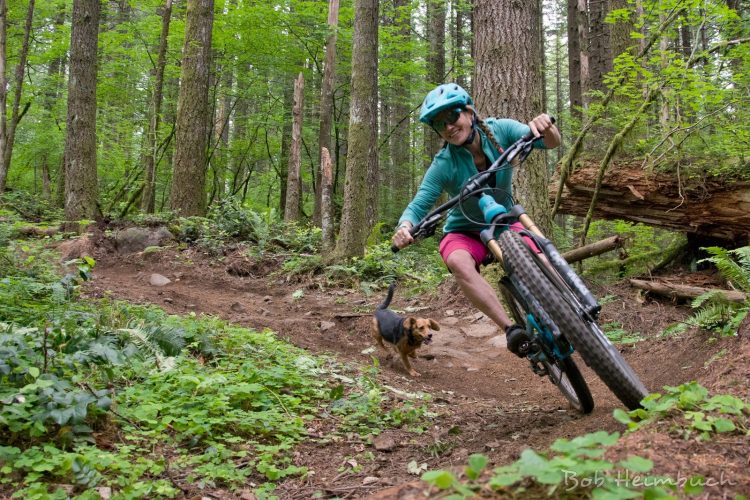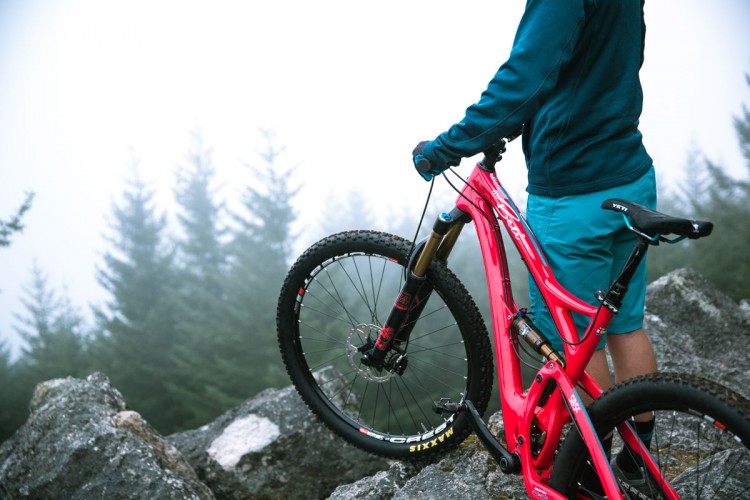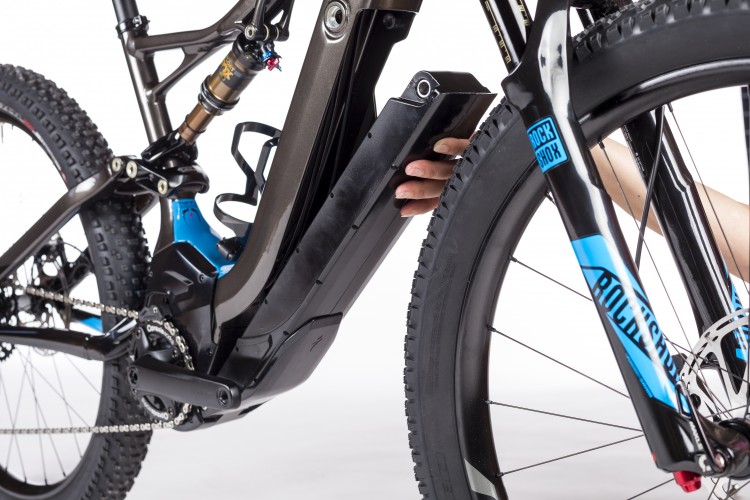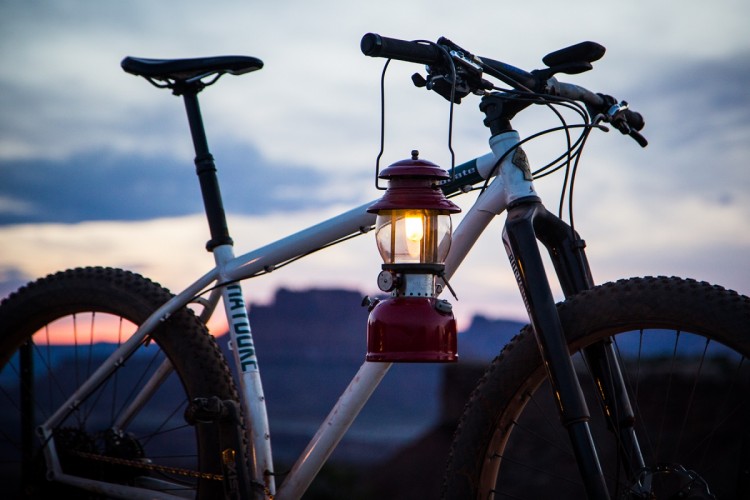
We’ve been following the Great American Outdoors Act, a bill which would pump billions of dollars into trails across the country, and as of July 22, the Act passed the House of Representatives with a vote of 310-107. The bill just passed the Senate a little over a month ago with a vote of 73-25.
Now, the bill will head to the president’s office, where it is expected to be signed. This will permanently and fully fund the Land and Water Conservation Fund (LWCF) and take on the the deferred maintenance backlog on public lands.
“The Great American Outdoors Act is a once-in-a-generation bill. It’s the result of decades of advocacy work for recreation and our outdoor places. Mountain bikers can look forward to more and better trails, both close to home and from coast to coast,” said David Wiens, IMBA Executive Director.
The Act will now provide $2.8B a year to public lands, parks, and trails, with $900M going toward the LWCF, and $1.9B toward the federal maintenance backlog. The LWCF has hit snags along the way as it’s been presented to the Senate for full funding. In its history, the LWCF has only been fully funded at $900M twice, says IMBA, while it’s mostly been a small fraction of the maximum. The fund has helped develop trailheads, parks, and trails across the country, including eight IMBA Epics.
The $1.9B toward the deferred maintenance backlog on federal lands should help as well. IMBA pushed to include the US Forest Service and the Bureau of Land Management in the bill since a lot of mountain biking takes place on land managed by the two agencies.
“The Great American Outdoors Act will help meet the demand for accessible outdoor spaces, put people to work building and maintaining trails and parks across the country, and help create trail systems that provide lasting economic benefits. The pandemic has revitalized the importance of the outdoors. At the same time, it has highlighted how we don’t have enough trails close to home, and how the trails that exist aren’t always equally distributed,” said Wiens.



















